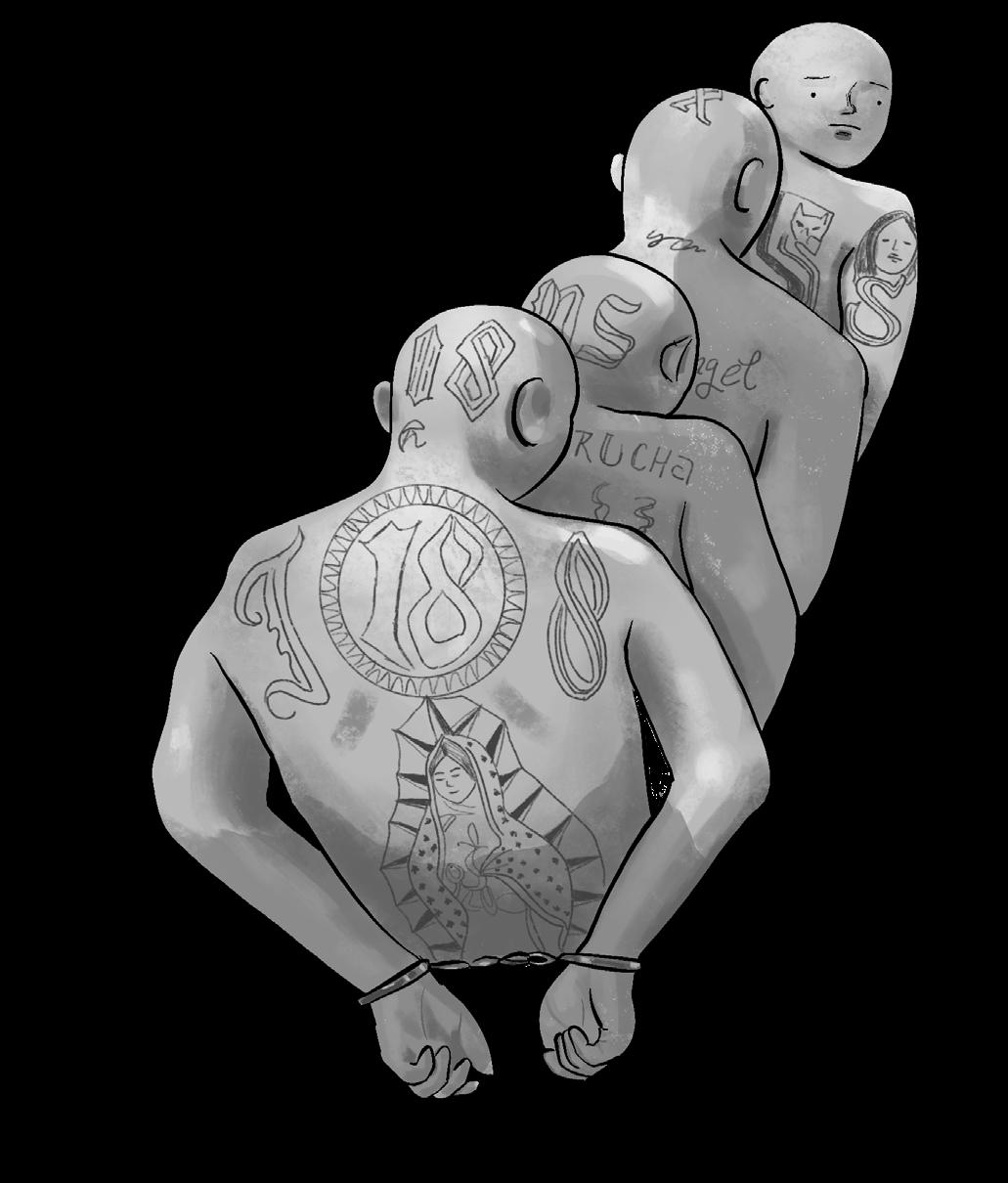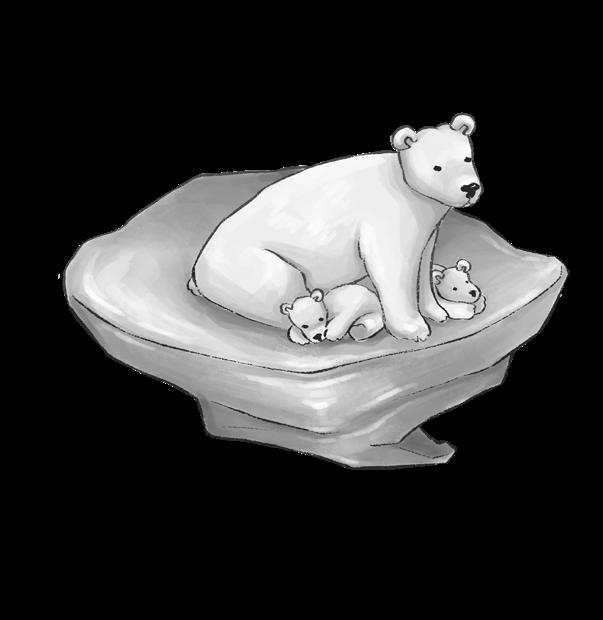
3 minute read
Bear” Praise or prey: Lewd portrayal of young stars
Lauren Wilson
Viewpoint Editor
Advertisement
Cocaine. Bear. That is all you need to know about this movie. But for the sake of a proper review, I will elaborate. “Cocaine Bear” is a wild and bizarre adventure that is centered around a true story of a bear that stumbled upon a stash of cocaine dropped from a plane in 1985. The film follows the journey of various characters who are all connected to this event in some way and the chaos and mayhem that ensues. It is a dark comedy that leans into its absurd premise with glee.
However, “Cocaine Bear” does not accurately represent the true story it is based on. While the movie depicts the bear becoming aggressive and violent after consuming cocaine, the real Cocaine Bear, also referred to as Pablo Escobear or Cokey the Bear, was a 175-pound American black bear that fatally overdosed on nearly 75 pounds of cocaine. No murderous rampage leading to several human casualties; instead, sadly, one dead bear.
“Cocaine Bear” reached its peak during the comically violent confrontations with the bear, but even among the action sequences, many were not as entertaining as they could have been—there was a noticeable tendency to use predictable jump-scares to replace engaging action. Additionally, many parts attempted to be more meaningful and sentimental, but this only dragged out the pacing.
On the bright side, the CGI was surprisingly smooth, given the movie’s relatively low budget of $30 million to $35 million. The bear’s movement appeared unnatural sometimes, but did not break the illusion.
Overall, “Cocaine Bear” is neither an amazing nor terrible movie. Yes, there is cocaine. Yes, there is a bear. But no, there is not much else. It definitely falls short of expectations to be a captivating retelling of an unusual and fascinating true story. Despite a few promising moments of humor and absurdity, the film fails to fully explore the potential of its premise and instead relies on predictable cliches and unremarkable storytelling. Unless you are a die-hard fan of bizarre true stories or are curious about the infamous Cocaine Bear, this movie may not be worth the watch.
In 2008, Emma Watson recieved unwanted attention from photographers outside a London nightclub, who laid down on the pavement to get pictures under her skirt as she celebrated her 18th birthday. Watson states that her first day of adulthood was a turning point for her public image, as she felt violated and objectified when the photographs were published the next day. Watson is only one of the many young female celebrities subjected to unwelcome sexualization; several newgeneration stars speaking out faced throughout her childhood, which made her feel dehumanized and insecure.
Singer-songwriter Billie Eilish is yet another one of the many female celebrities to suffer from sexualization as a minor—after the release of her viral song “Ocean Eyes” in 2015 at 14 years old. Wary of the public eye, Eilish chose to wear baggy clothing, stating that her intention was to hide her body and avoid judgment and sexualization in the media. In spite of her efforts, a photo of Eilish wearing a tank top circulated on many social media platforms including Twitter, where many people commented on her body. Some users zoomed in on her chest, making sexual comments regarding her body. Eilish was 17 at the time.
Staff Writer
she endured after hearing a countdown on her local radio that was waiting for her to turn 18. She spoke at the 2019 Women’s March, stating how this experience made her more aware and frustrated over the objectification of her body.
“The sexualization of these celebrities is almost completely avoidable, and spreading awareness of its negative effect is the most beneficial option for people to take. Young women’s mental health suffers when they are sexualized,” Sophomore Saanvi Deb said.
and paparazzi.
After starring in the Netflix original series “Stranger Things,” Emmy-nominated actress Millie Bobby Brown gained fame at the age of 12, resulting in the majority of her adolescence being spent in the spotlight. USA Today states that when Brown was just 13, she was featured on W Magazine’s list “Why TV is sexier than ever.” On her 16th birthday, Brown revealed in an Instagram caption that the last few years had been mentally draining because of inappropriate comments and sexualization she
Andrew Duval
“People should respect young female celebrities’ privacy by reporting predators online. Everyone needs to remember that these celebrities are underaged. Furthermore, sexualizing young women may make them feel uncomfortable and unprofessional, as it suggests that people only appreciate their looks rather than their craft,” Senior Matthew Long said.
The reality for many celebrities is that sexualization only worsens once they turn 18 and are deemed “legal.” Many people engage in “countdowns” dedicated towards counting down the days, months and hours until young female celebrities reach adulthood. Actress Natalie Portman addressed the invasion of privacy
Ultimately, the young female victims of sexualization are susceptible to lasting physical and mental scarring. A study by The American Psychological Association reports that sexualization of high school and college-aged women may result in low self-esteem, body insecurities, eating disorders and depression. According to Juliet Williams, a University of California gender studies professor, constant objectification becomes normalized at a young age. and consequently fortifies the harmful stereotype that women are sexual objects. It is extremely common for young women in the spotlight to undergo internal struggles because of sexualization. Despite platforms’ community guidlines, sexual comments about young female celebrities continue to proliferate online— facilitated by easy access to social media profiles.










